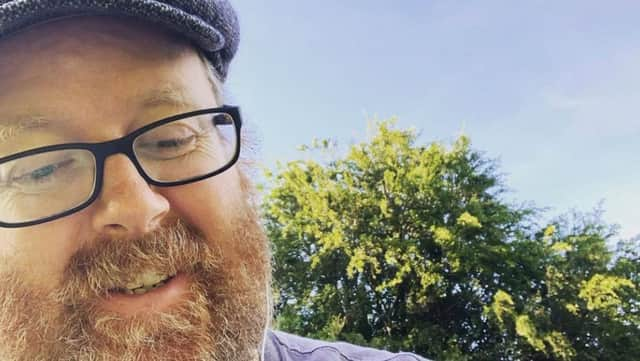Comedy review: Frankie Boyle – Full Power, Playhouse Theatre, Edinburgh


Frankie Boyle – Full Power, Playhouse Theatre, Edinburgh ***
The thoughtful but near-nihilistic comedian suggested that jokes can never be stripped of all their cultural baggage and remain objectively funny, hypothesising a scenario in which he might truly let rip in enlightened Scandinavia and suffer no negative judgment. Of course, he was having his cake and eating it, reiterating his support for gender equality while playing with the taboo of violent rape. But the gag had a point, and it adhered to his theory that offence in comedy is not related to freedom of speech so much as artistic license – it’s about what you can get away with in terms of credibility rather than morality.
Advertisement
Hide AdBoyle’s deconstruction of his craft also led him to reflect on what makes Brexit a stand-up dead end but Madeleine McCann a gift that keeps on giving. I’m not sure his analysis adequately accounts for any collateral damage to the McCanns, but he’s brilliantly perceptive on the prevalence of jokes about “neds,” taking his early Glasgow contemporaries like Des McLean to task for favouring easy mockery over identifying deeper social causes.
Boyle affects to be struggling to find his place in the comedy pantheon. His elderly Irish progenitors, he says, would be too out of touch for him to make one of those comedian-with-parent travelogues that clutter the TV schedules, and hilariously, he claims to do corporate gigs as much to spite Michael McIntyre as to benefit worthy causes.
He takes Ricky Gervais and Hannah Gadsby as opposing models for stand-up, pillorying the former as an imposter while suggesting that the Australian’s act, while more progressive and nuanced, still fails to encompass his own brand of particularly twisted tension release.
Speaking of which, a collective groan of anticipation greeted his first mention of Michael Jackson, prompting him to berate the crowd: “Did you know what you were coming to see?!” Unfortunately, if members of the audience had happened to catch his New World Order series on BBC Two earlier this year, the answer to that question would have been a definite “yes” as a number of the evening’s routines were recycled from it. And when he suggested that other material had been culled from a BBC documentary about Scotland that will likely never air, he gave a further insight into his internal wrangles with his conscience and creative process.